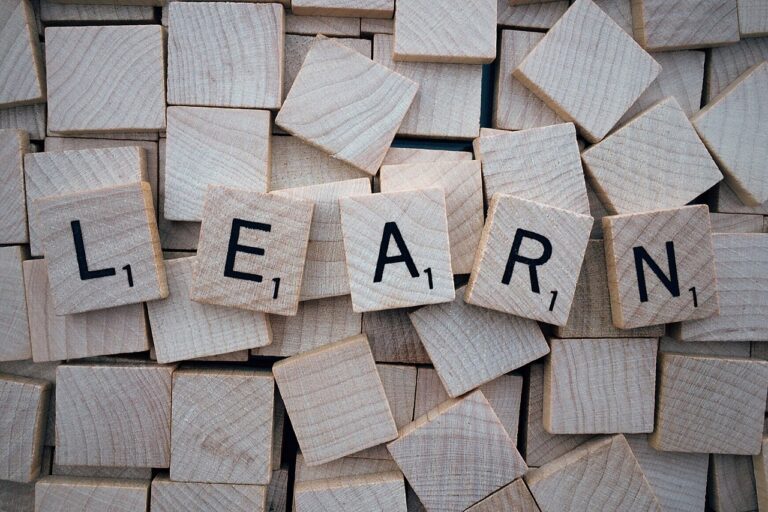The problem with books and online training is…
I’m quite often asked about what books I would recommend about qigong and more often than not, my answer is none of them. Why read a book when you can practise? Why spend time absorbing what someone else is droning on about when you could get off your arse and gain first hand experience? Come to think of it, why are you even reading this blog about qigong… stop it! Go and do some practise!
Obviously I’m being flippant, but the question is valid: What can we learn from books and prerecorded online content that we can’t learn from live classes and our own practice? The answer to this is twofold:
Books and online resources are great reference material
We will only ever retain a small percentage of what we are told, so we need to have the ability to revisit and review. Our inability to absorb all available information is partly due to there being so much to learn, but our tendency to want to know more, means that we are easily distracted by information that is not directly relevant to our situation. The bottom line is that we only need to know what is relevant to us at any given time.
When we talk about the need to learn what is relevant to us at any given time, this opens a far bigger question around the benefits of standardised approaches to qigong as opposed to bespoke approaches to qigong, but the bottom line is that we should be able to find the pearls of wisdom that will help us to move forward. When working with an experienced Qigong teacher is not an option, having books or online resources to sift through for the pearls of wisdom is a really valuable backup plan.
Having said that, a word of warning: from a qigong perspective there is a big difference between sifting through for the pearls of wisdom, and consuming knowledge in order to regurgitate it at appropriate moments or use it to reinforce your personal narrative or self worth… beware…
We can benefit from those who have gone before us
In the modern age there is a tendency to think that we have far greater understanding than those who have gone before us. This is probably due to the way in which we build our understanding on the understanding of our forebears, but have we fully understood what our forebears understood…
In the realms of qigong, the answer is almost definitely ‘No!’
Whether you are looking back to the teaching of the founder of a system such as Dr Pang Ming within the Zhineng system, or going back further to the influential figures behind the current systems such as Laozi, Zhuangzi or Bodhidharma, it’s always beneficial to explore the deeper understanding of those who have gone before us.
There is never a problem with returning to the origins of the practice or the philosophy, indeed, I feel it should be encouraged because there are fundamental concepts and ideas that need to be revisited time and time again in order to develop a well rounded understanding.
And for Information hoarders…
There are a multitude of reasons for wanting to get more and more information, and while some of them are undoubtedly beneficial for your journey through qigong, others will just bog you down.
If you’re teaching qigong, it’s always good to have a broad range of ideas and concepts to draw on to ensure that you can share the relevant pearls of wisdom with others. More often than not, this type of sharing happens by accident. Having the ability to share an idea in a way that is clear and effective is the important thing, not the ability to impose your understanding on others…
If you want to discuss qigong at an academic level, it’s always helpful to have common understanding and this is quite often done through reading and understanding a range of perspectives. Without the ability compare understanding, we lack the basic tools to listen and grow…
At this point the list ends… If your urge to read and study has no application, then I would revert to my initial observation: Why read a book when you can practise?







